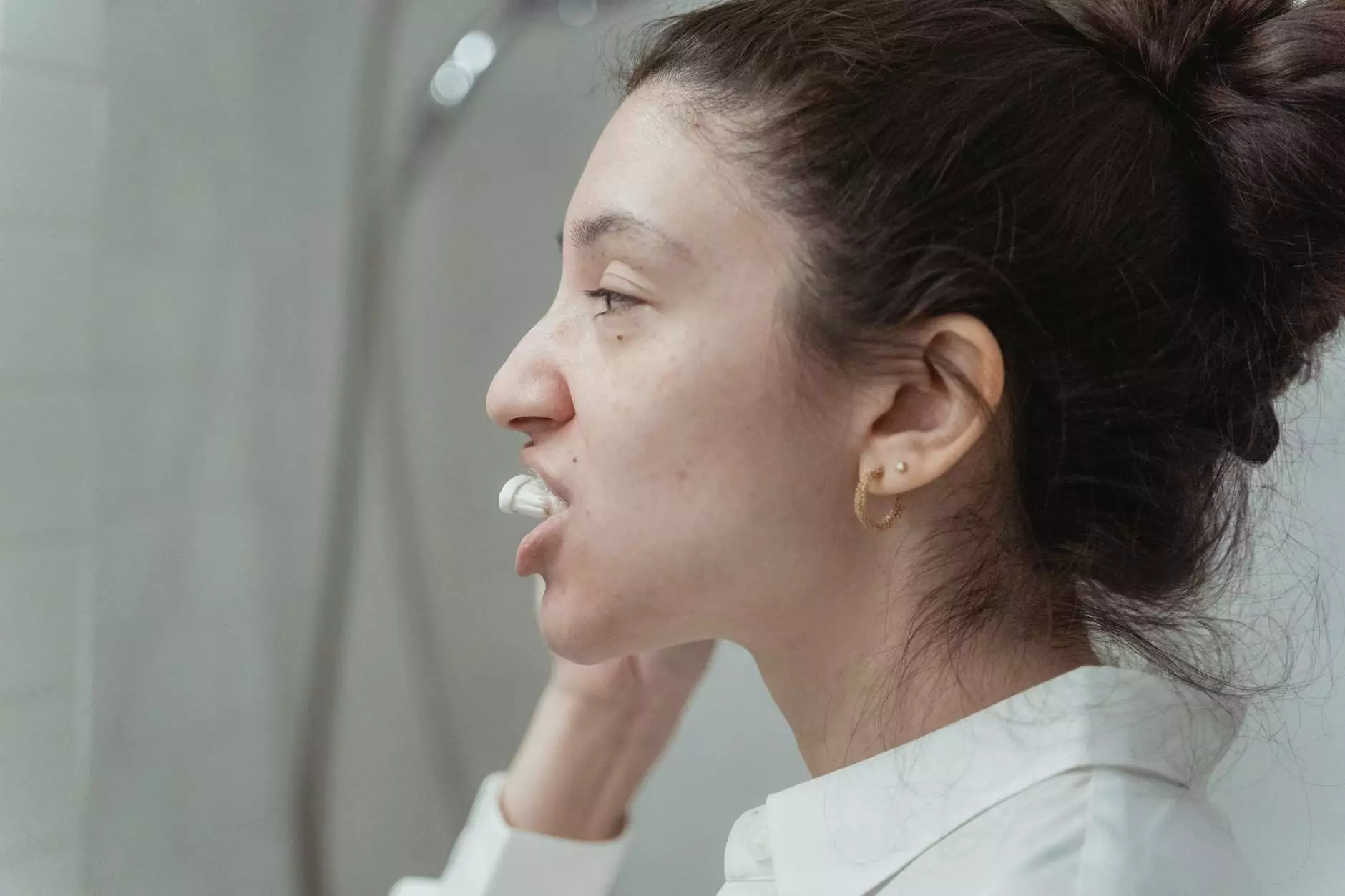Understanding Oral Sedatives for Horses

When it comes to the care of our beloved equine companions, the use of oral sedatives for horses can play a crucial role. These medications can help manage anxiety, stress, and behavioral issues in horses, ensuring both the horse's comfort and safety during various situations. This article dives into the intricacies of oral sedatives, providing a comprehensive guide that covers everything from their benefits to their usage guidelines.
What Are Oral Sedatives?
Oral sedatives for horses are medications designed to calm and relax horses in various scenarios. Unlike injectable sedatives, oral forms are often preferred for their ease of administration and the gradual onset of effects. These sedatives work by influencing the horse's central nervous system, allowing for a more controlled and manageable horse during stressful situations, such as veterinary visits, transportation, or even during training.
Benefits of Using Oral Sedatives
The use of oral sedatives comes with a plethora of benefits that can significantly enhance the well-being of both the horse and the handler:
- Reduced Anxiety: They help in alleviating fear-related behaviors, making it easier to handle the horse during stressful situations.
- Improved Safety: Calmer horses pose less risk to themselves and their handlers, which is vital during procedures that require precision and care.
- Easier Administration: Oral sedatives can be given with food or treats, making them more convenient than injections.
- Controlled Effects: The gradual onset of oral medications allows for better control over the sedation process.
- Better Veterinary Compliance: Calmer horses are easier for veterinarians to examine and treat, leading to improved healthcare outcomes.
Common Oral Sedatives for Horses
There are several types of oral sedatives for horses, each with its unique mechanism and uses. Here we explore some of the most commonly used sedatives:
Acepromazine
Acepromazine is a widely used phenothiazine tranquilizer. It acts by blocking dopamine receptors in the brain, resulting in sedation and a reduction in anxiety. Typical dosages and timings may vary based on the horse's size and the desired effect, and it is known for:
- Providing mild sedation without eliminating responsiveness.
- Stability in its effects, making it reliable for consistent use.
- Having a long duration of action.
Fluphenazine
Fluphenazine is another effective tranquilizer that is often used for long-term behavior modification in horses. It functions similarly to acepromazine but tends to have a more prolonged effect:
- A good choice for horses that exhibit chronic behavior issues.
- Can be administered as an oral tablet for ease of use.
Xylazine
Xylazine is an alpha-2 adrenergic agonist that provides more potent sedation. While primarily used in veterinary practice, it may also be administered orally in specific formulations:
- Offers analgesic properties alongside sedation.
- Requires careful dosing to avoid excessive sedation.
Administration and Dosage
When considering the administration of oral sedatives for horses, it is essential to follow proper guidelines:
- Consultation with a Veterinarian: Always discuss with your vet to ensure that the chosen sedative is appropriate for your horse's specific circumstances.
- Dosage Considerations: Dosages may vary significantly based on the horse's weight, age, health status, and the sedative used. Always adhere to the vet's recommendations.
- Method of Administration: Oral sedatives can be mixed with feed, offered as treats, or administered directly in the horse's mouth. Choosing the right method can make a significant difference in compliance.
Precautions and Side Effects
While the benefits of using oral sedatives are clear, it is equally important to be aware of potential risks and side effects:
- Over-Sedation: Administering too much can lead to excessive sedation, affecting the horse's coordination and response to stimuli.
- Allergic Reactions: Though rare, some horses may exhibit allergic reactions to certain sedatives. Always monitor your horse after administration.
- Withdrawal Symptoms: Discontinue use gradually as per veterinarian guidelines to avoid potential withdrawal effects.
Importance of Veterinary Guidance
Administering any form of sedative, especially oral sedatives for horses, should always be overseen by a qualified veterinarian. Each horse has unique needs and health considerations that must be factored into the decision-making process.
Veterinarians will take into account factors such as:
- The horse's medical history
- Current medications that could interact with sedatives
- Specific circumstances requiring sedation
By working with a veterinarian, horse owners can ensure that they are making informed decisions that prioritize both the safety and well-being of their equine friends.
Conclusion
In conclusion, oral sedatives for horses can provide valuable benefits in managing anxiety and ensuring the safety of both horses and handlers during stressful situations. Understanding the different types of sedatives, their administration, and precautions is crucial for effective and safe use. Always rely on veterinary guidance to choose the right sedative and dosage for your horse, ensuring a calm and peaceful environment for all.
For more information on oral sedatives and other pharmaceutical care for pets, visit Racehorse Med Care.









